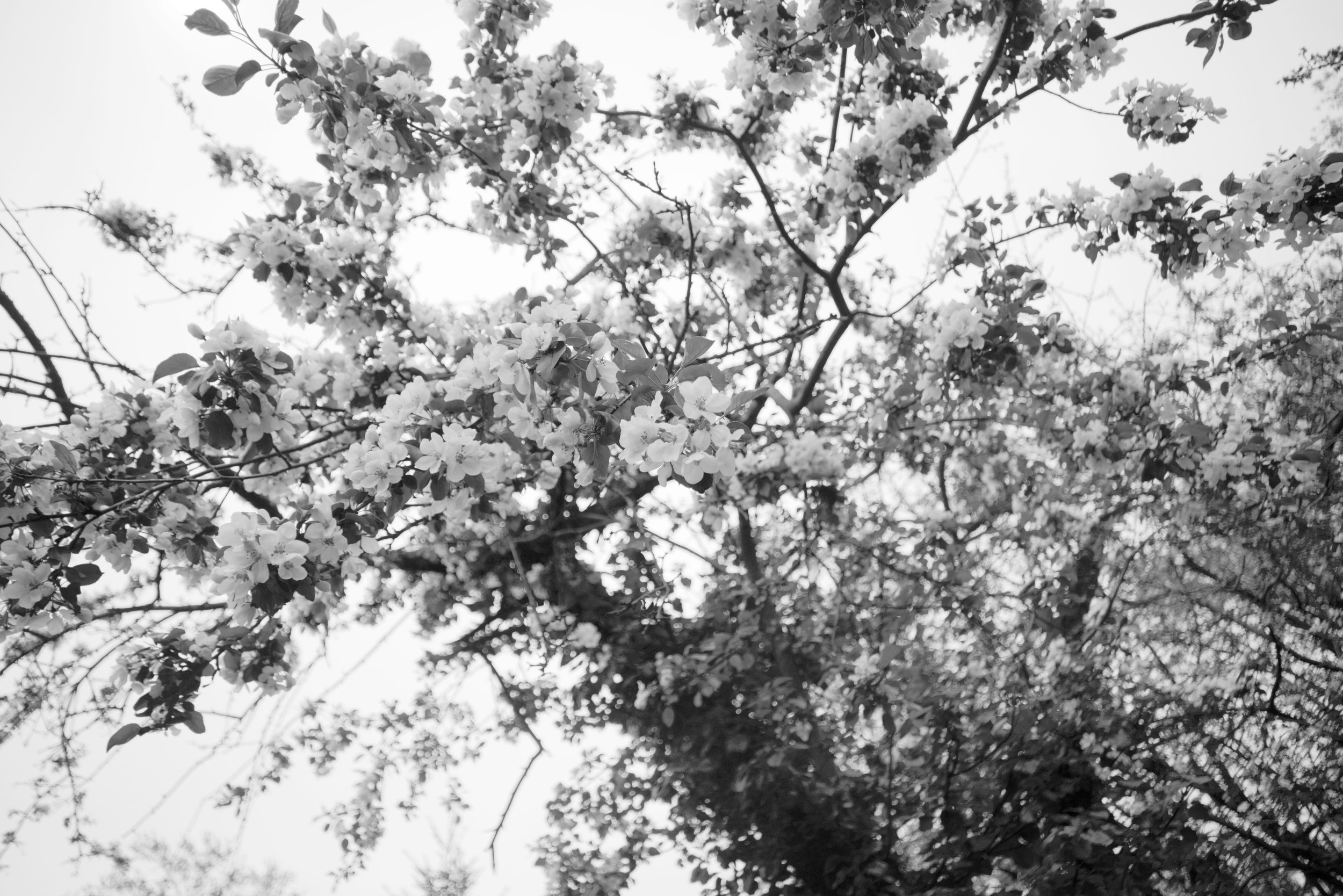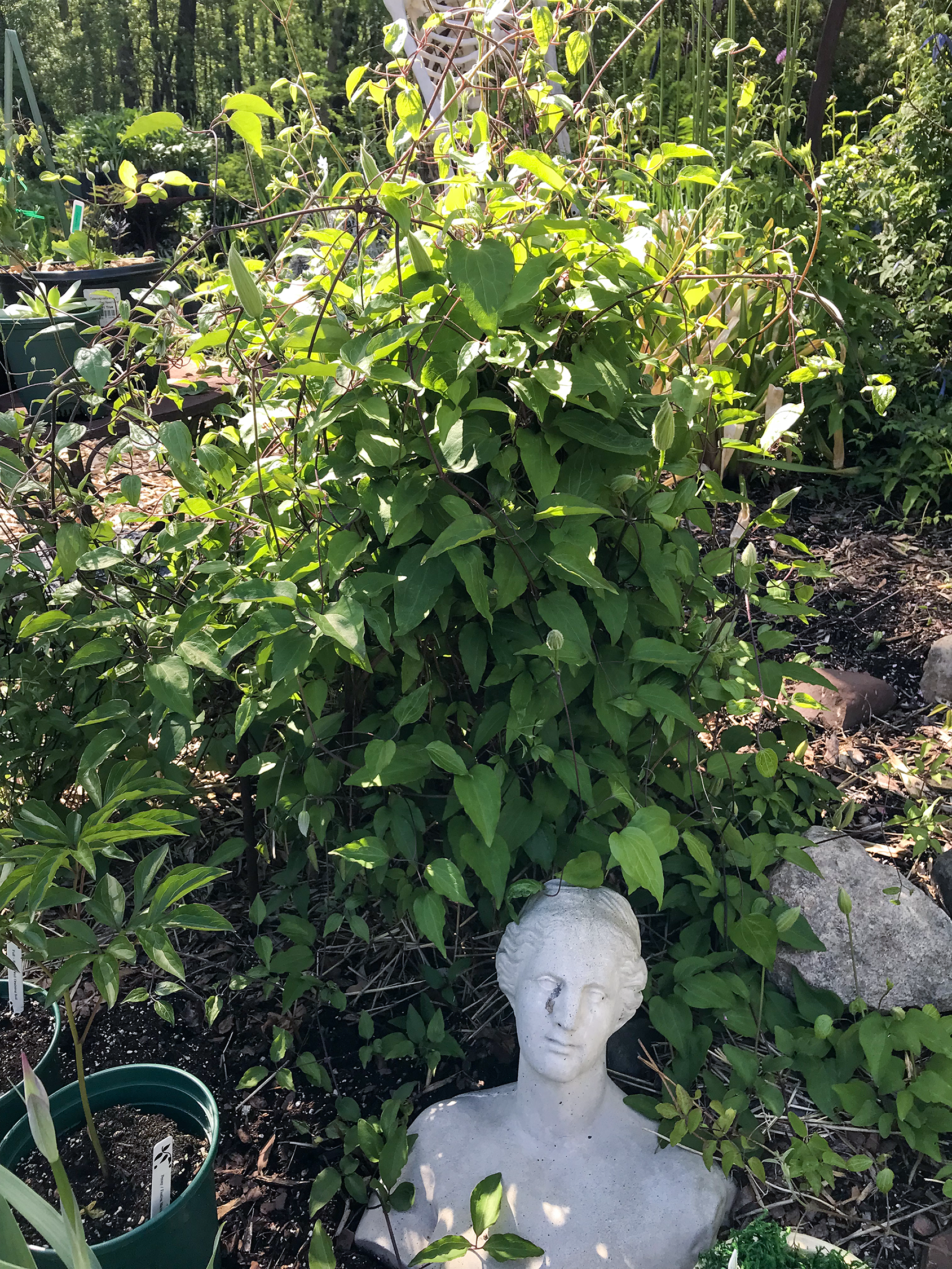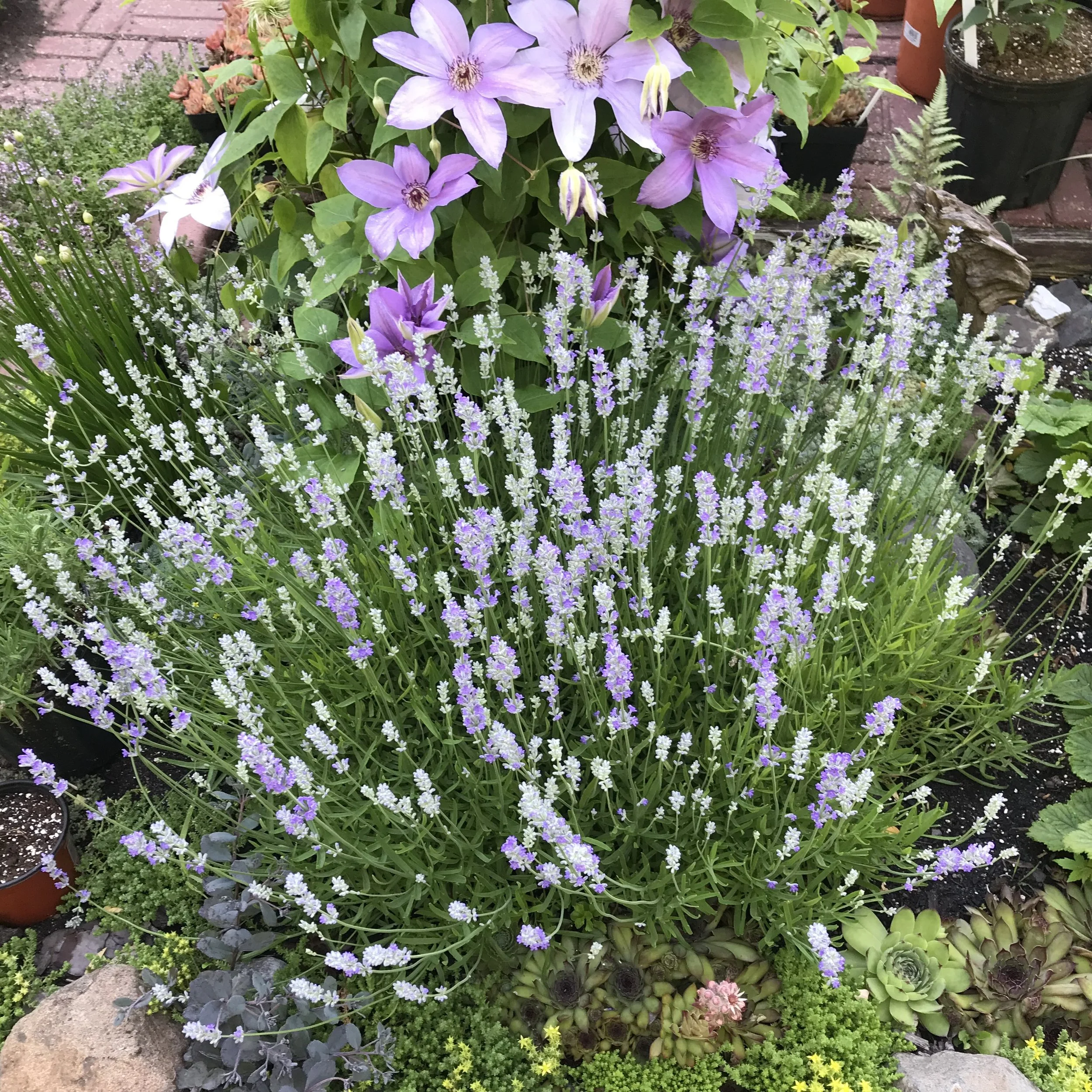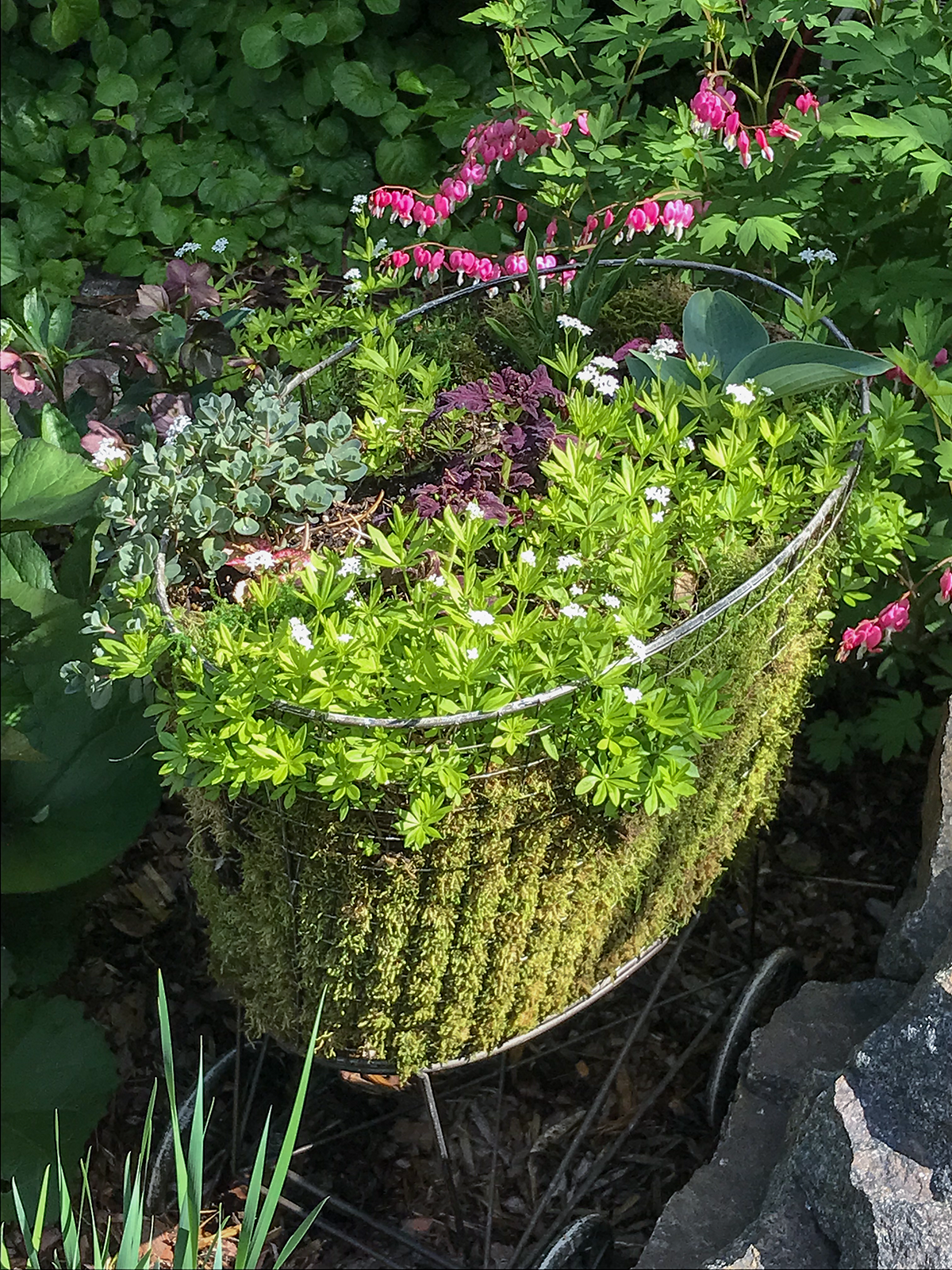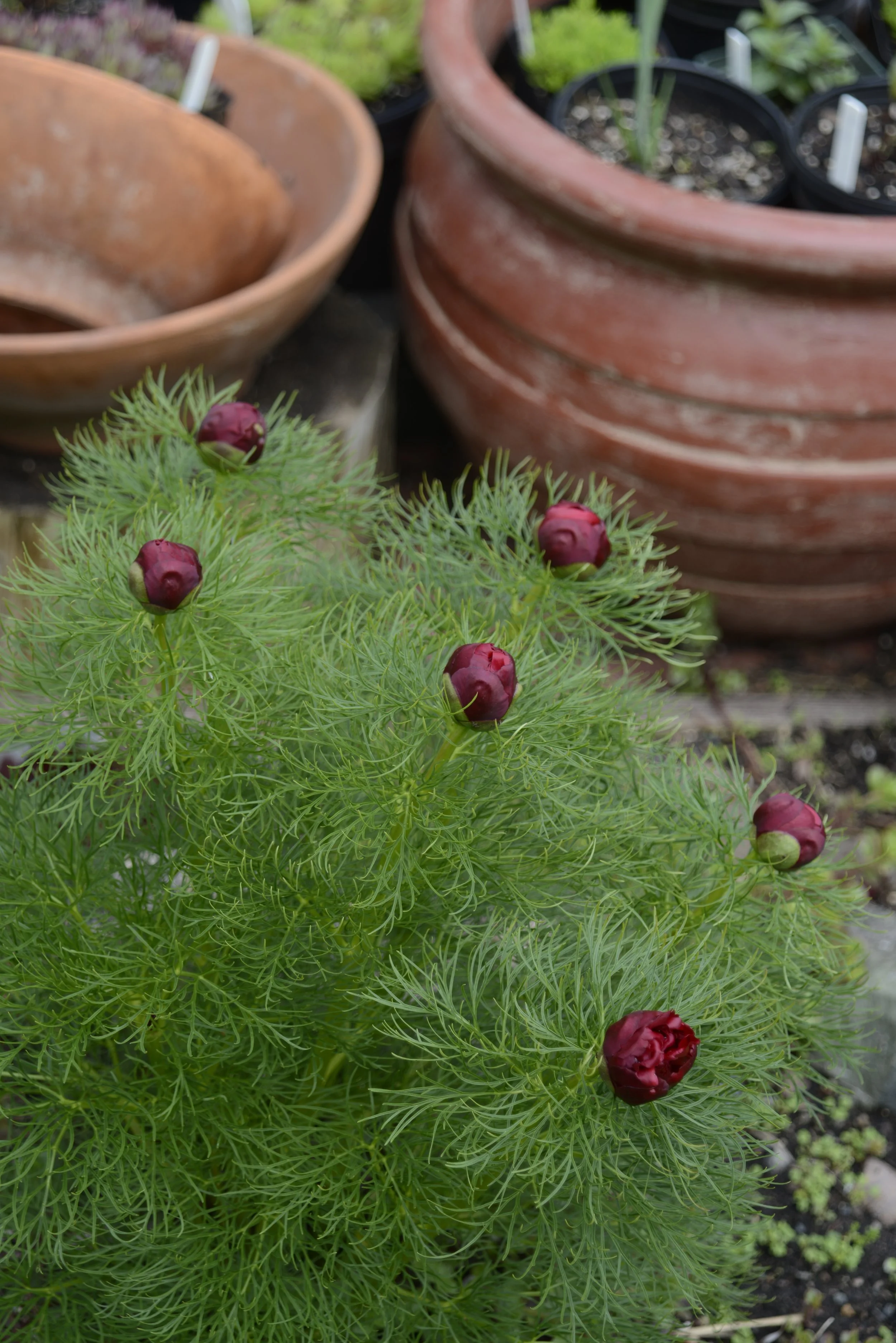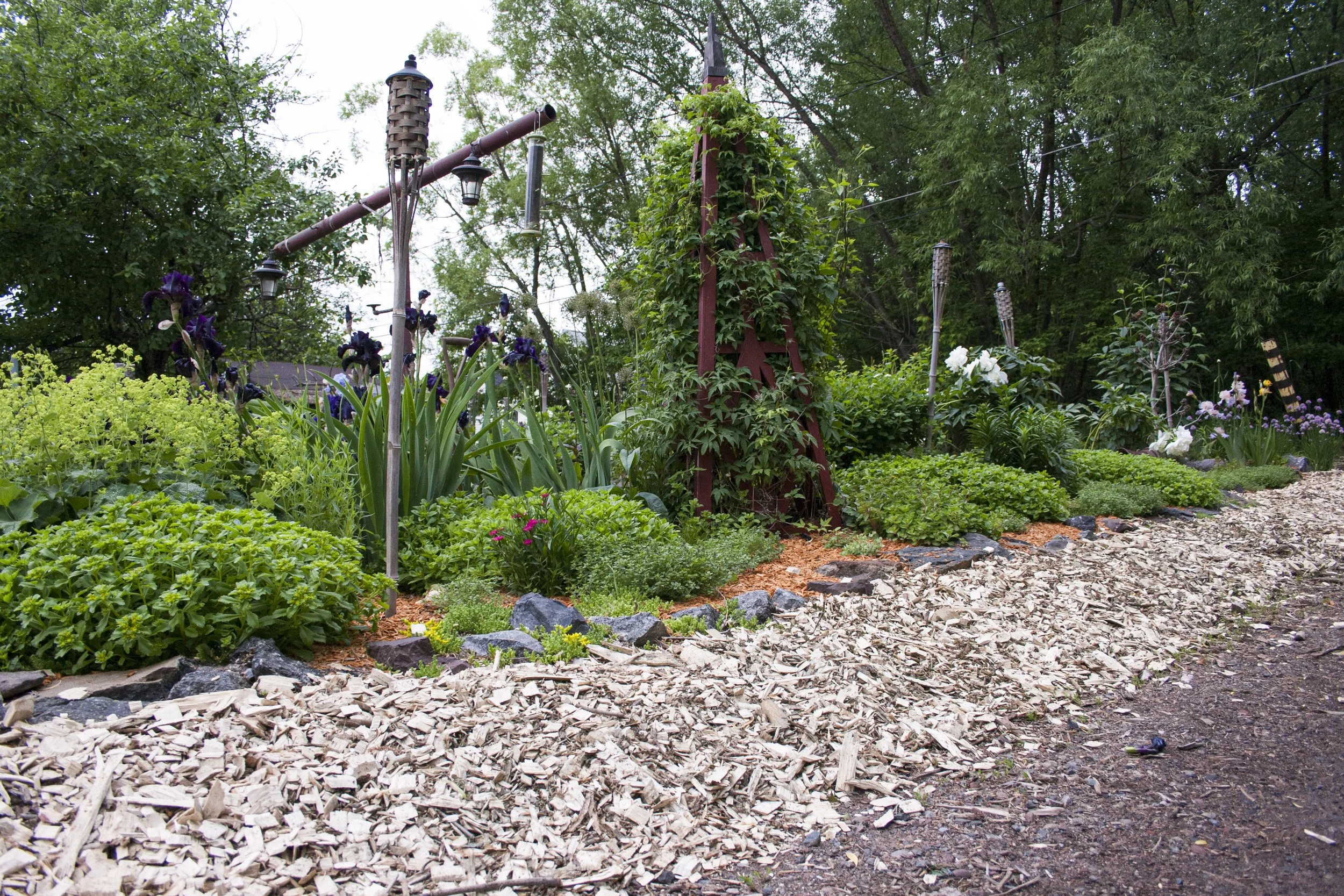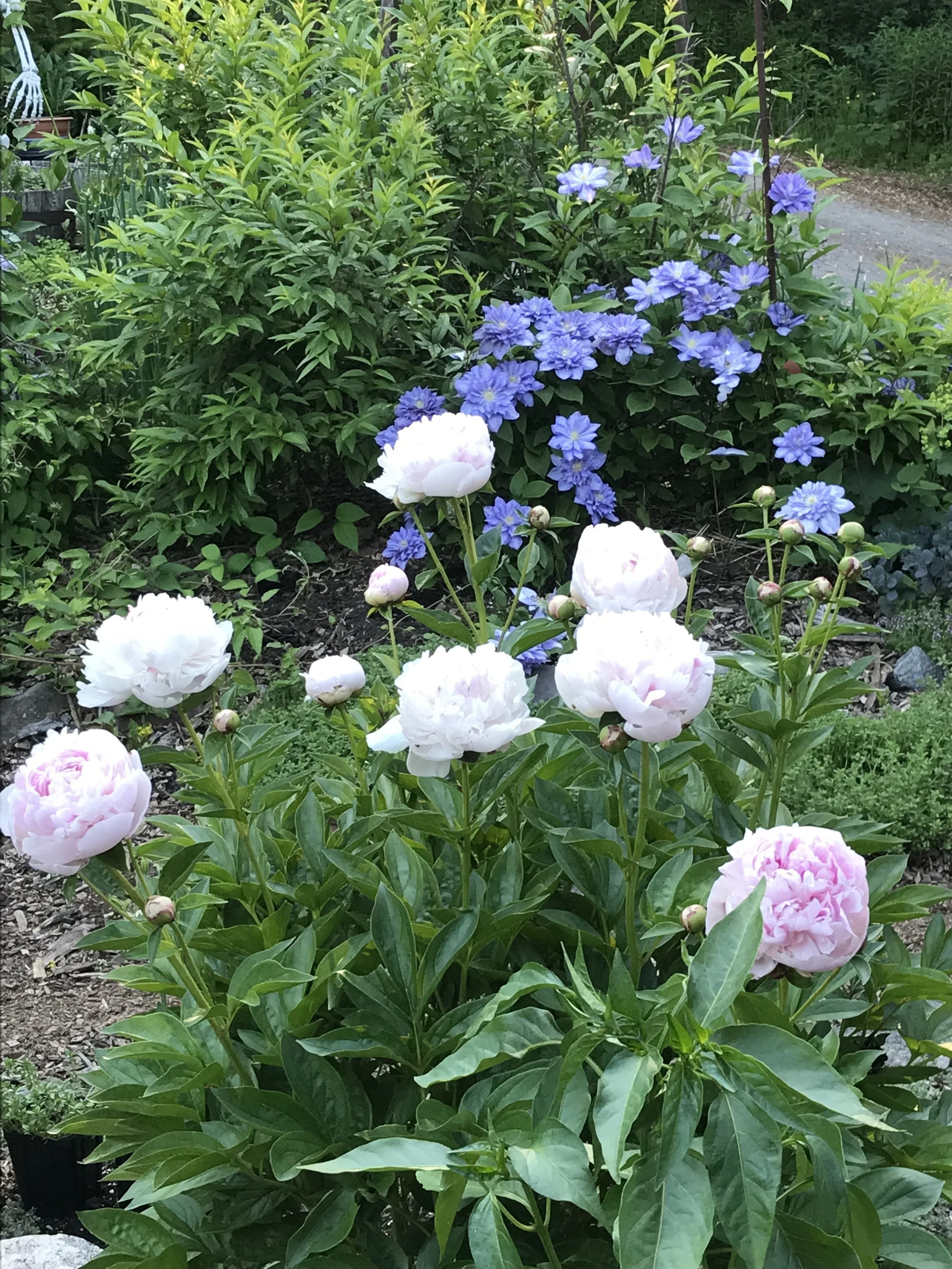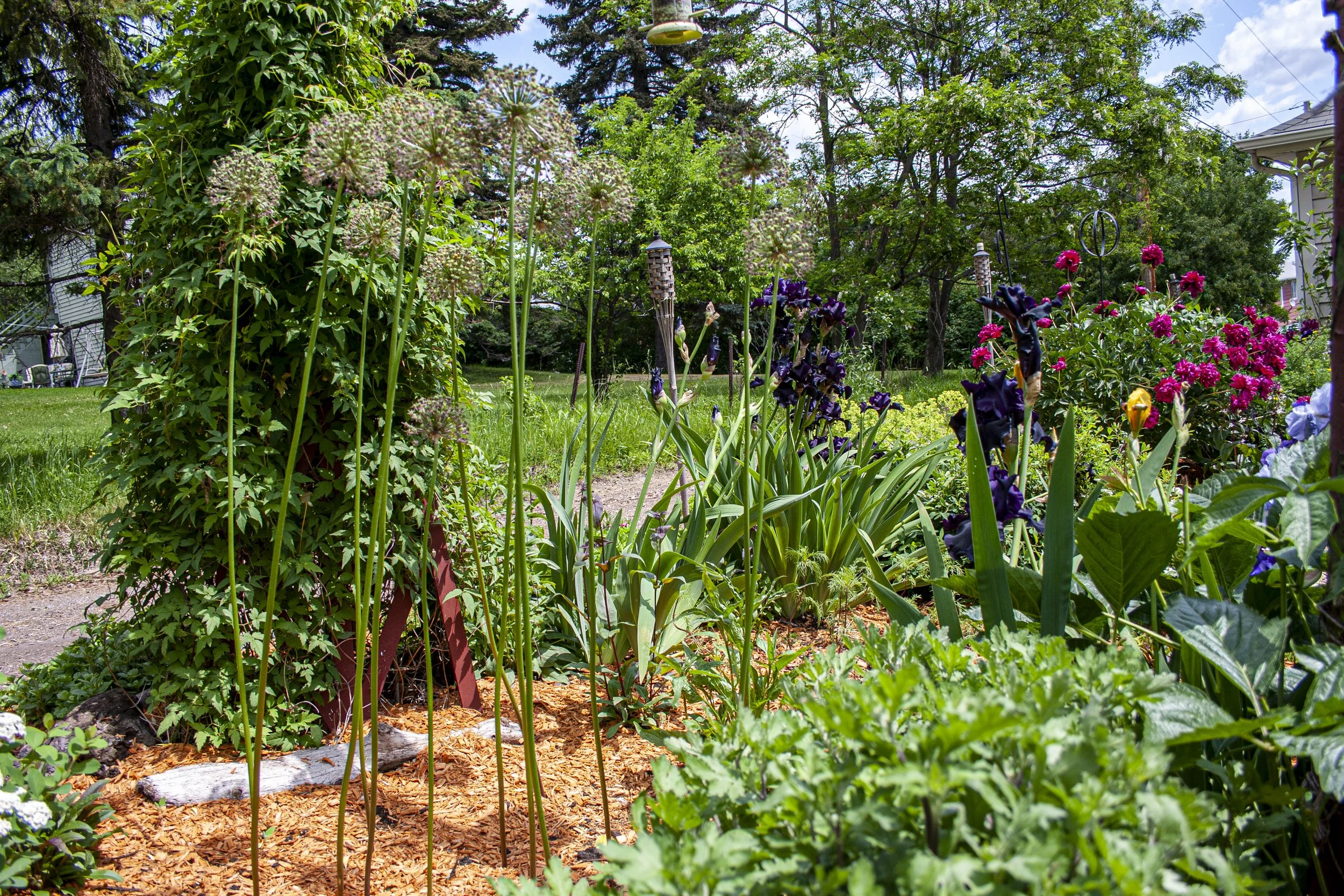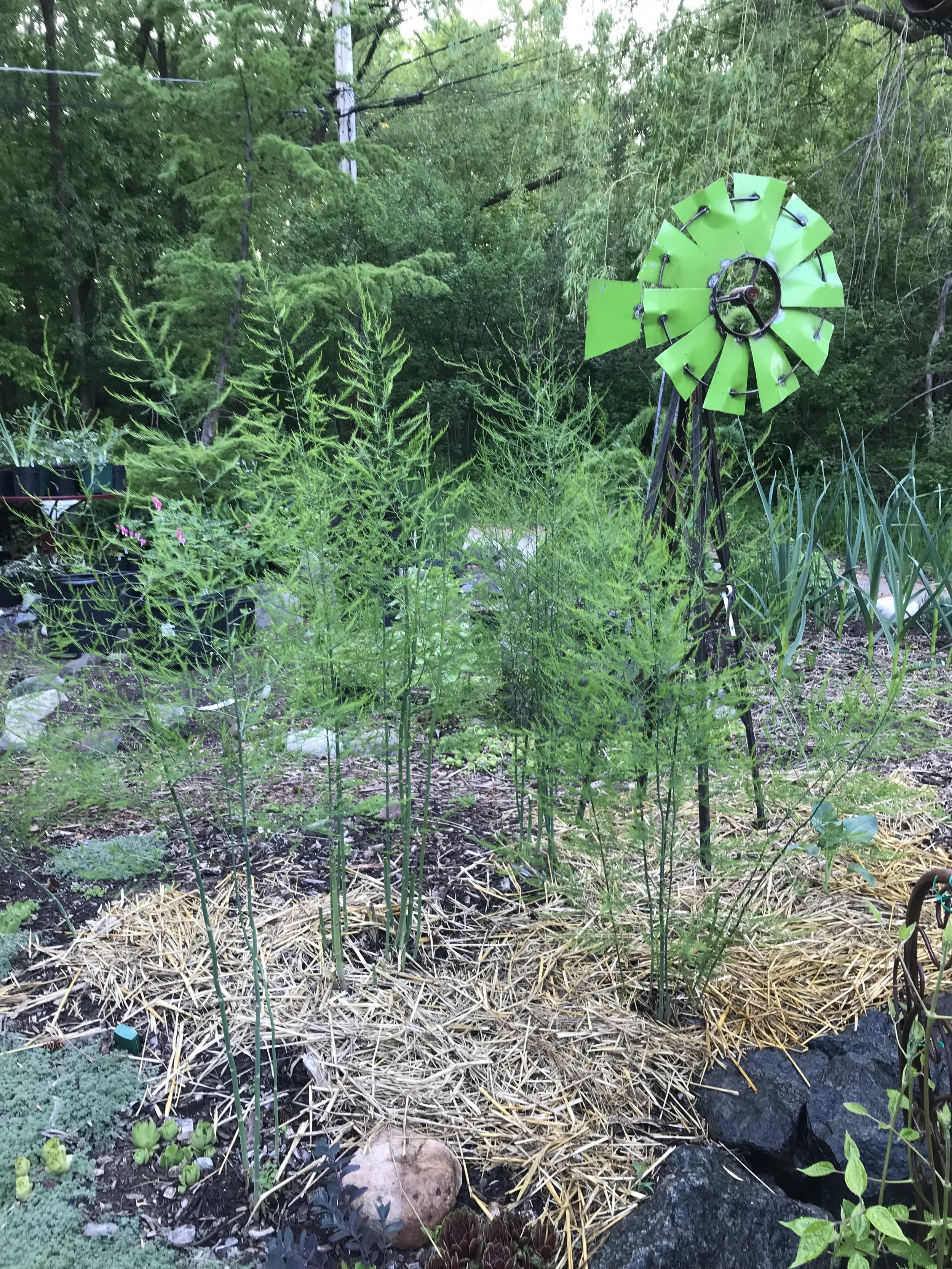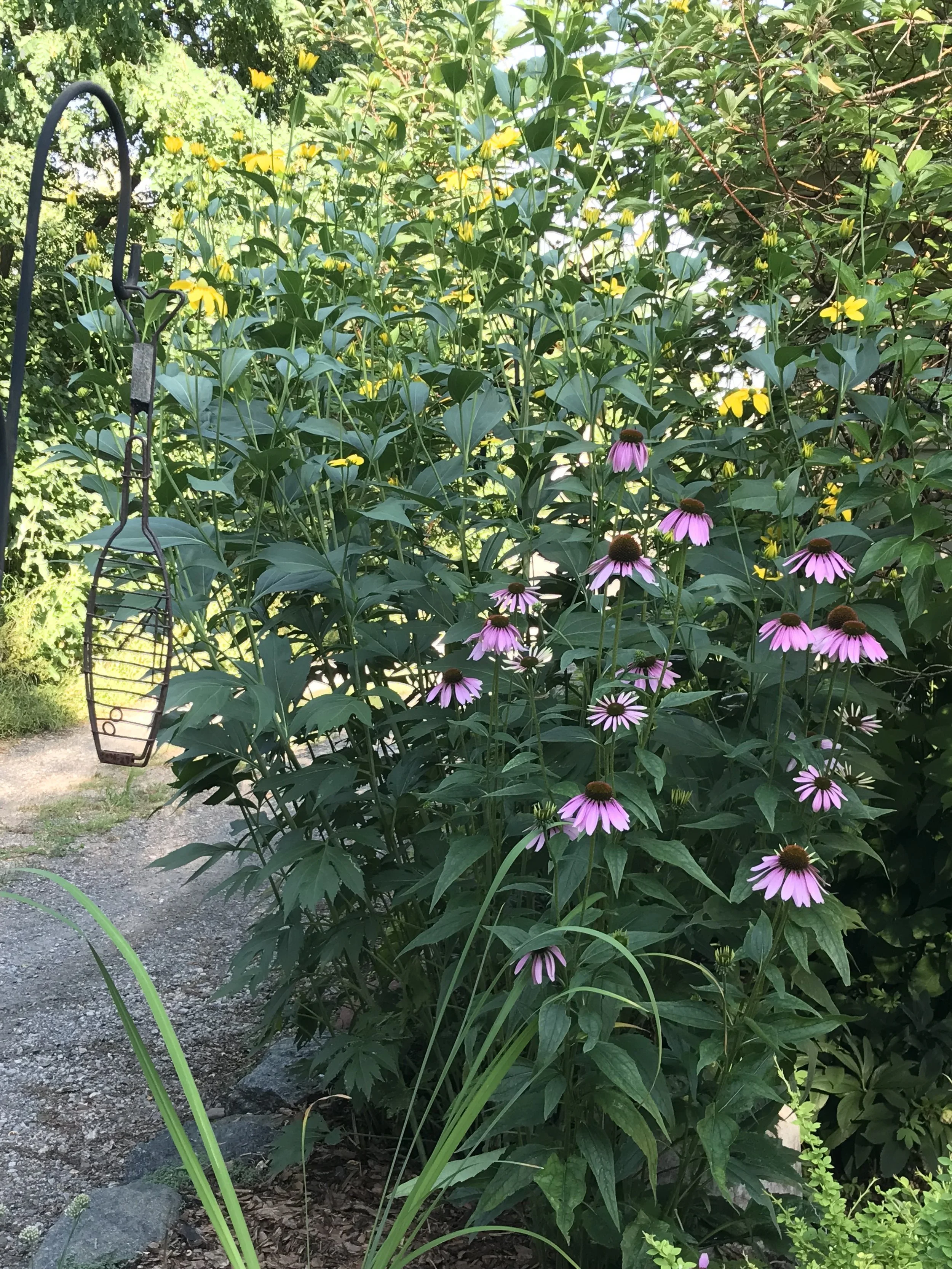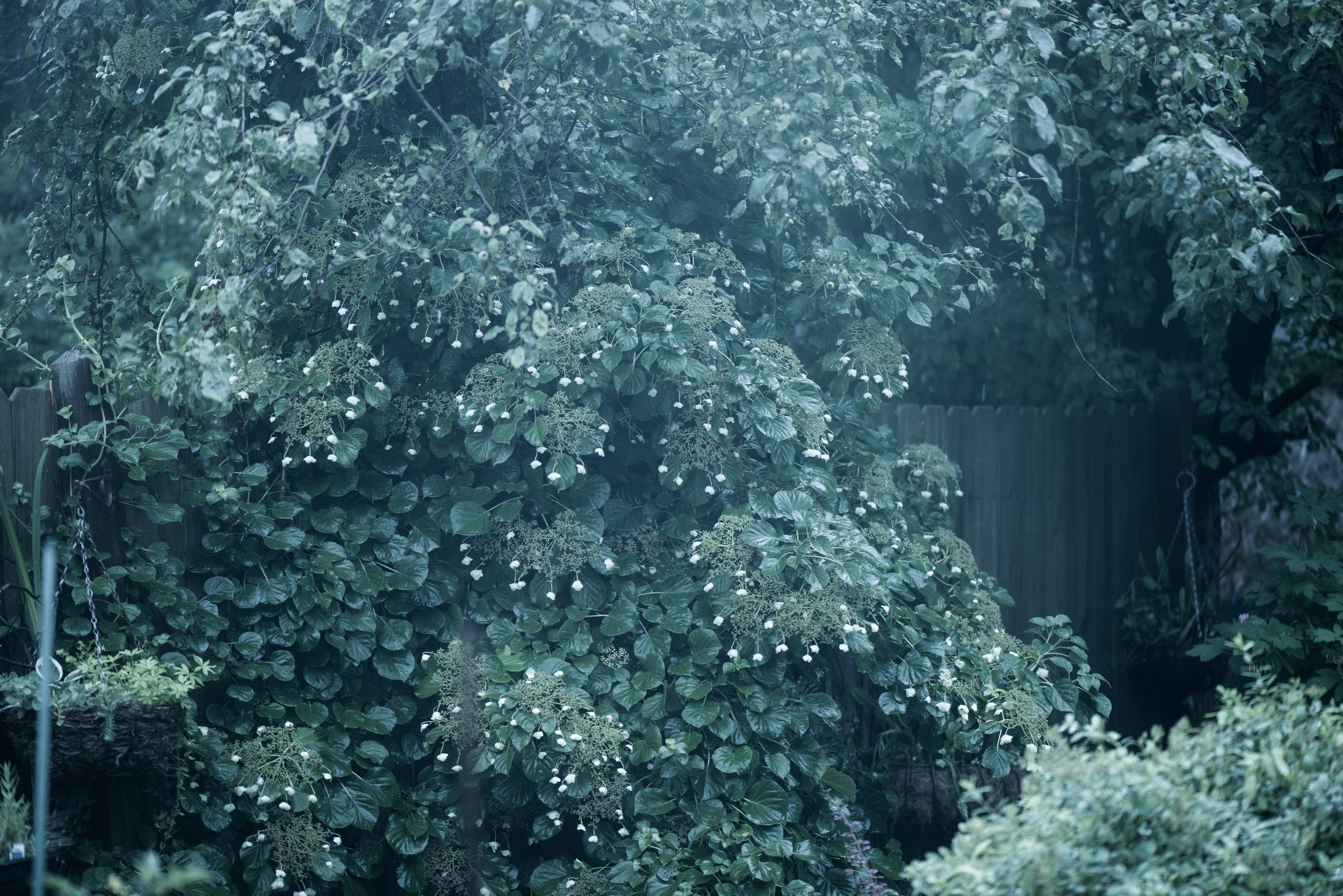
Transforming the landscape one property at a time …
Creating spaces that are beautiful, inspiring, and informed by nature.

Residential Design Maintenance
-
After the snow has melted, remove all winter mulching material away from plant crowns
Gather fallen or dead debris
Split overgrown summer perennials
Tidy garden edging and weed all areas
Add 2” of compost to all areas needing it
Add 2” of mulch over all root beds at least 1” away from plant crowns
Plant new additions!
-
Splitting fall blooming perennials
Water and weeding
Edging (expanding or defining)
Trimming bushes after they bloom
Planting additions to the garden and mulching
Removal of dead plant life and dead-heading
Cutting back bloomers to initiate more growth
-
Planting potted plants 5 weeks b4 the ground freezes
Plant bulbs in September and Oct
Weeding and dead-heading
Weatherizing the garden beds for the winter
Cover plants with burlap and straw
Nature inspired, Treeskirt designed …
Gardens stimulate space in the human psyche of a long-forgotten wildness. It is our goal at Treeskirt to help you create the perfect transitory space between your work life and home life, an ecosystem designed to your personal preference of order.

Let’s make your dream spaces happen, collaborate with us to create a transformation
-
Native plants will host lots of bees, birds, and butterflies in your spaces.
-
Memories of home life might include picking a bleeding heart bloom, to examine its structure; the smell of a freshly cut peony you put in a vase for dinner; or gathering lilac blooms from your backyard for the breakfast table. Many perennials remind us of home and shared time with loved ones. They give us pause to add stillness and beauty into our lives, and remind us to think with our hearts.
-
How do you want to live with nature, in your yard, on your porch, or patio, where do you retreat from noise. Let’s create a space that becomes your favorite room right outside your door.
Clematis Climbers are not picky about where they climb. There are finicky growers though. They need to be buried deep to maintain cool roots and they need to have their heads showered with vitamin D and heat to grow strong. With those two caveats in mind, clematis will climb anywhere, once planted they do not like to be moved so, think hard about where to put them … they will CLIMB ON ANYTHING!
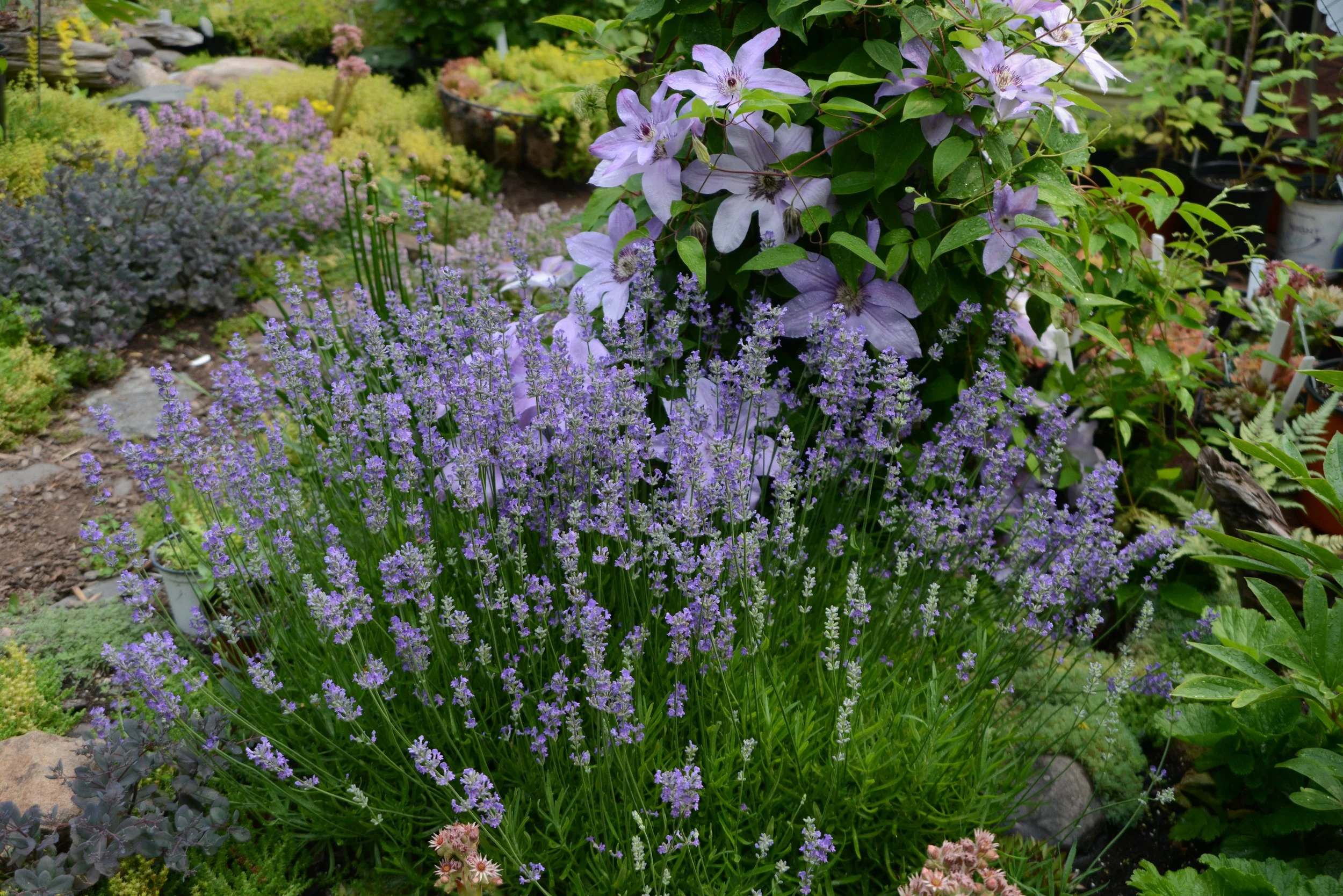

Designing with Cultivated Perennials, Native Perennials and Annuals
-
Some plants need more space to spread out than others, Native Perennials generally will take the space of other plants - find places they can shine in!
-
Creating gardens that are above ground can make sure all plants have really great drainage! Let’s talk about how to do this in a natural mound.
-
Plants that grow from traveling rhizomes underground can spread in ways that look wild and create alot of work to manage, those plants are greatly suited to an edge of a woodland to give them more room.
Plants that don’t need splitting, such as hellebores, should be planted in a space as large as their mature size.
-
If you have room for a shade rain garden they are stunning when the light filters through the trees, below is an image of an annual, elephant ear, in a shade pond, STUNNING!
Most bloomers are full sun
Tender follage on plants usually need full to part shade
-
Pairing plants with opposite nutrient needs makes for great bedfellows
Asparagus are very deep rooted plants and feed heavily from deep in the soil, strawberries feed from shallow roots, so these two work great in the same garden bed! AND BOTH TASTE GREAT!

